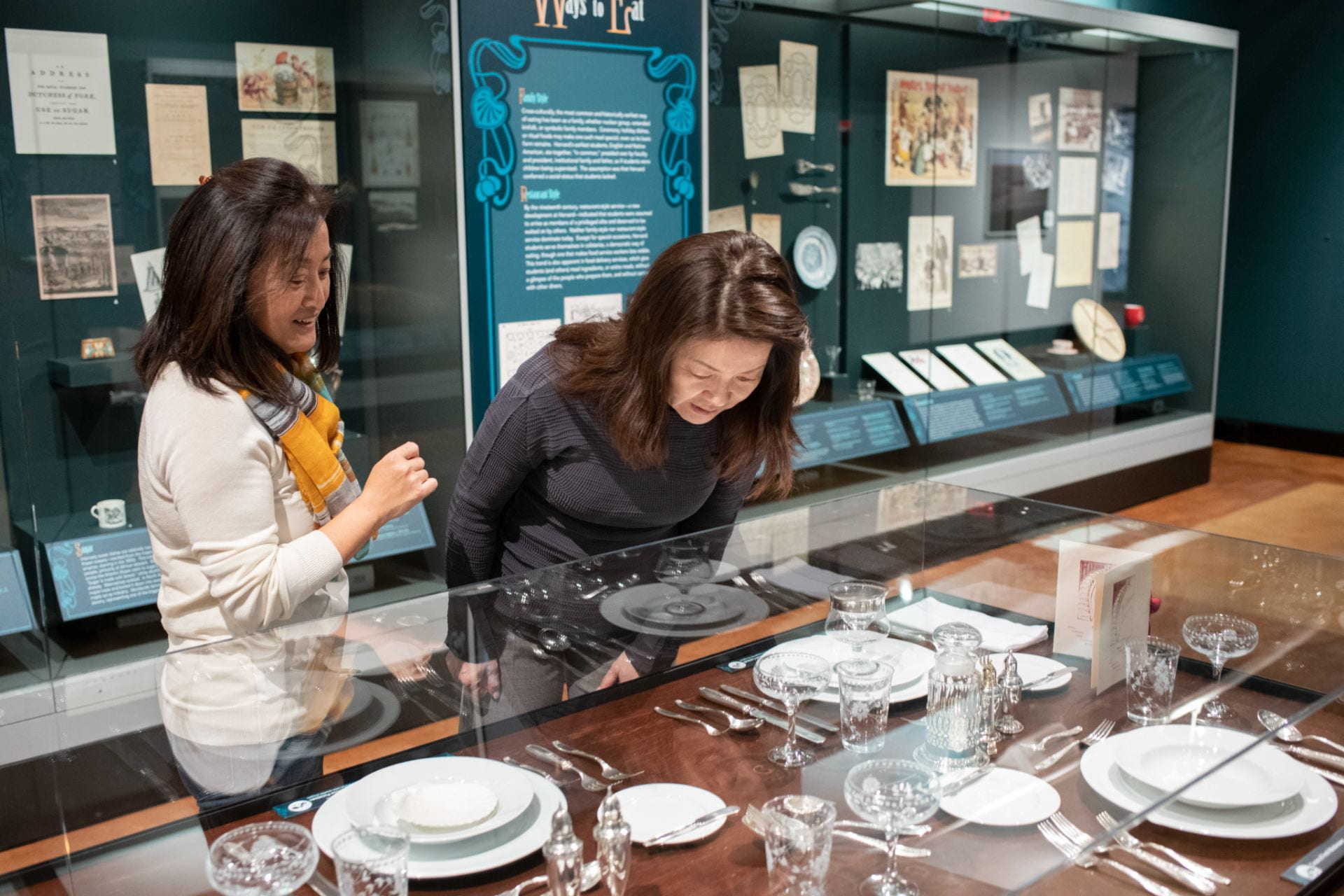March 3, 2020
William Friedman, Arnold Professor of Organismic and Evolutionary Biology, Director of the Arnold Arboretum, Harvard University
Charles Darwin is commonly cited as the person who “discovered” evolution. But, the historical record shows that roughly seventy different individuals published work on the topic of evolution between 1748 and 1859, the year that Darwin published On the Origin of Species. These early thinkers, now almost entirely forgotten, included biologists, geologists, horticulturists, physicians, clergymen, atheists, philosophers, teachers, and poets. William Friedman will discuss the ideas of these pre-Darwinian evolutionists, place Darwin in a broader historical context, and examine the nature of scientific discovery and attribution.
Presented by the Harvard Museum of Natural History and the Collection of Historical Scientific Instruments
Evolution Matters Lecture Series
Series supported by a generous gift from Drs. Herman and Joan Suit
About the Speaker
William (Ned) Friedman is the Arnold Professor of Organismic and Evolutionary Biology at Harvard University and the eighth Director of the Arnold Arboretum of Harvard University in its nearly 150-year history. Friedman’s studies have fundamentally altered century-old views of the earliest phases of the evolution of flowering plants, Darwin’s so-called “abominable mystery.” He is also deeply interested in the history of early (pre-Darwinian) evolutionary thought and is particularly focused on the largely forgotten contributions of horticulturists and botanists. As Director of the Arnold Arboretum, Friedman has worked to expand the Arboretum’s societal impact through diverse initiatives in public programming, enhanced communication between scientists and the public, the embedding of scientific scholarship within the living collections, and a reinvigoration of the long-standing relationship between the Arboretum and the biodiversity of Asia.
